Echoes of Transformation Examining the evolving landscape of Nigeria with breaking news in nigeria t
- Echoes of Transformation: Examining the evolving landscape of Nigeria with breaking news in nigeria today 24/7, and charting a course toward a dynamic future.
- Economic Shifts and Investment Climate
- Political Developments and Governance
- The Electoral Process and Recent Outcomes
- Security Challenges in Nigeria
- Social Development and Humanitarian Concerns
Echoes of Transformation: Examining the evolving landscape of Nigeria with breaking news in nigeria today 24/7, and charting a course toward a dynamic future.
The dynamic landscape of Nigeria is constantly evolving, shaped by a multitude of factors ranging from economic shifts and political developments to social changes and security challenges. Staying informed about the latest occurrences is crucial for understanding the nation’s trajectory and potential future. This is where access to reliable and up-to-date information, like breaking news in nigeria today 24/7, becomes paramount. Understanding these unfolding events allows individuals, businesses, and policymakers to make informed decisions and navigate the complexities of this vibrant country.
Nigeria, a nation of over 200 million people, is a significant player on the African continent and is increasingly gaining prominence on the global stage. Keeping abreast of current events – from economic policy changes and infrastructural developments to security operations and social movements – provides a clear picture of the challenges and opportunities facing the country. Reliable information sources offer insight into these various aspects and assist in deciphering the often-complex political and economic realities.
Economic Shifts and Investment Climate
Nigeria’s economy is heavily reliant on oil, and fluctuations in global oil prices significantly impact its financial stability. However, recent years have witnessed a concerted effort to diversify the economy, focusing on sectors such as agriculture, manufacturing, and technology. Government initiatives aimed at attracting foreign investment and promoting local entrepreneurship are gaining momentum. Investment in key infrastructure projects, including power, transportation, and digital connectivity, remains a vital component of driving economic growth and enhancing the country’s competitiveness.
| Agriculture | 3.5% | Irrigation, Storage Facilities, Value Addition |
| Manufacturing | 2.8% | Food Processing, Automotive Assembly, Textile Production |
| Technology | 10.2% | Fintech, E-commerce, Software Development |
| Oil & Gas | -1.5% | Gas Infrastructure, Refining Capacity, Renewable Energy |
Political Developments and Governance
Nigeria’s political landscape is characterized by a multi-party system and complex inter-ethnic dynamics. The country is grappling with issues around governance, corruption, and security. Recent elections have brought about political transitions and shifts in power dynamics. The government is facing increasing pressure to address challenges such as infrastructure deficits, unemployment, and social inequality. Strengthening institutional capacity, promoting transparency, and enhancing accountability are crucial for fostering sustainable development and ensuring political stability.
The Electoral Process and Recent Outcomes
The electoral process in Nigeria has faced numerous challenges over the years, including logistical issues, security concerns, and allegations of irregularities. Despite these hurdles, recent elections have signaled a growing commitment to democratic principles and improvements in the credibility of the electoral system. However, further reforms are needed to ensure free, fair, and credible elections that reflect the will of the people. These reforms should focus on strengthening the independence of the electoral commission, enhancing voter education, and promoting greater transparency in the electoral process. Continued vigilance and citizen participation are essential for safeguarding the integrity of Nigeria’s democracy.
The outcomes of recent elections reflect a complex interplay of political factors, including regional loyalties, ethnic affiliations, and socio-economic grievances. While the elections have resulted in peaceful transitions of power in most cases, they have also exposed deep-seated divisions within Nigerian society. Addressing these divisions requires inclusive governance, equitable distribution of resources, and a commitment to national unity. Promoting dialogue and reconciliation between different groups is vital for building a cohesive and harmonious nation.
The challenges facing Nigeria’s democracy are manifold, but the country has demonstrated remarkable resilience and a steadfast commitment to democratic ideals. Strengthening democratic institutions, upholding the rule of law, and promoting greater civic engagement are essential for ensuring a bright future for Nigeria. The active participation of citizens in the political process is crucial for holding leaders accountable and shaping the future of the nation.
Security Challenges in Nigeria
Nigeria faces significant security challenges, particularly in the northeastern and north-central regions, where Boko Haram insurgents and other armed groups are active. The conflict has resulted in widespread displacement, loss of life, and humanitarian crises. In addition to the insurgency, Nigeria is also grappling with issues such as banditry, kidnapping, and farmer-herder conflicts. Addressing these security threats requires a multi-faceted approach that includes strengthening security forces, promoting economic development, and addressing the root causes of conflict.
- Boko Haram insurgency: Active in the Northeast, causing displacement and loss of life.
- Banditry: Pervasive in Northwestern Nigeria, involving armed robberies and kidnappings.
- Farmer-Herder Conflicts: Driven by competition over land and resources, leading to violence.
- Kidnappings: Increasingly frequent, targeting individuals for ransom.
Social Development and Humanitarian Concerns
Nigeria’s rapidly growing population is putting strain on social services, including education, healthcare, and housing. Access to quality education remains a significant challenge, particularly for girls and children in rural areas. The healthcare system is underfunded and lacks adequate infrastructure. Addressing these social development challenges requires increased investment in human capital, improved service delivery, and targeted interventions to reduce poverty and inequality. Humanitarian crises, such as food insecurity and displacement, require immediate attention and coordinated response efforts.
- Invest in education and healthcare to improve human capital.
- Promote gender equality, especially with focus on giving girls opportunity to study.
- Address poverty and wealth inequality.
- Provide support for displaced populations and address the root causes of displacement.
The country’s path forward requires collaborative efforts from all sectors of society, aiming for a future of stability and progress. Addressing the interlocking economic, social and political challenges is crucial for achieving sustainable development, and increased investment in key sectors is paramount.
